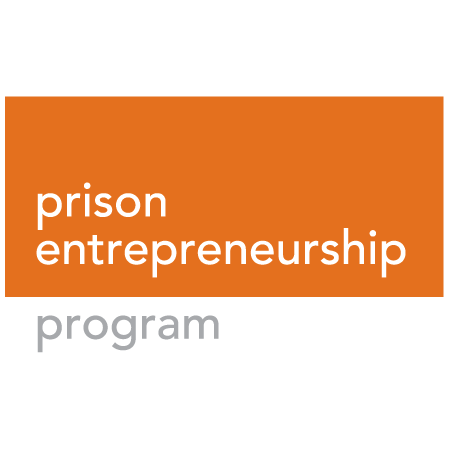Reentry Begins With Family
At the Prison Entrepreneurship Program, reentry is not a one-person journey. The growth that takes place inside the program reaches beyond the participant. It touches families, children, and entire support systems. When a man commits to change, the impact often begins at home.
PEP recognizes this and builds family awareness and engagement into every step of the program.
Maintaining Connection During Incarceration
During the in-prison phase, participants are encouraged to strengthen communication with loved ones. Many apply what they learn in character development to improve how they listen, speak, and take responsibility.
Letters, phone calls, and family visits become opportunities to demonstrate personal growth. The goal is not just to reconnect, but to rebuild trust over time.
Creating Stability After Release
PEP’s reentry model supports the whole person, which means addressing the practical needs that affect entire families. This includes job placement, housing referrals, and financial coaching.
When graduates return home with steady income, a plan, and support from mentors, their families benefit too. Children see consistency. Partners see follow-through. Relatives witness a different version of the person they knew before.
Promoting Healthy Family Roles
PEP helps men think deeply about the roles they want to play as fathers, husbands, sons, and brothers. Through reflection and accountability, participants prepare to re-enter family life with greater maturity and clearer intentions.
Staff and alumni also provide guidance and peer modeling for maintaining boundaries, rebuilding communication, and staying present.
A Wider Circle of Change
Families are often the first to feel the effects of incarceration, and they can be the strongest motivators for transformation. By supporting families throughout the process, PEP reinforces long-term success, not just for the participant, but for everyone connected to him.
When one person changes, the whole household can begin to heal.



